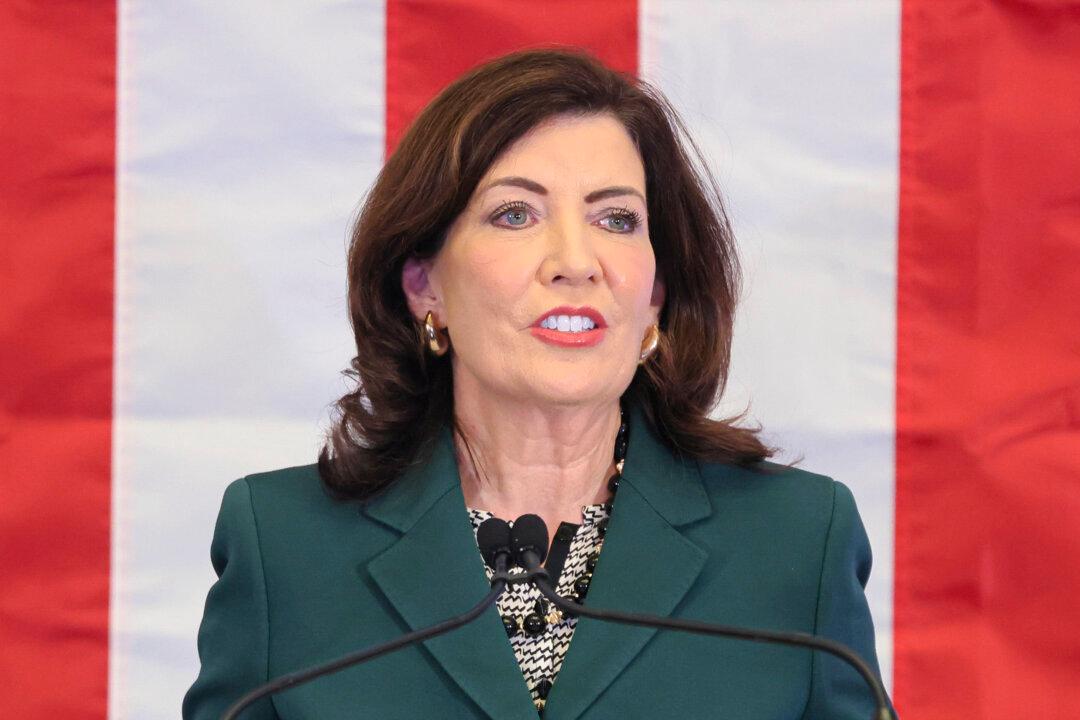Many New York state residents would receive checks for up to $500 next year as part of the state’s new plan to ease the burden of inflation.
The one-time payments, dubbed inflation refunds, would be $500 for families earning less than $300,000 annually and $300 for individuals earning under $150,000. The program is expected to cost the state $3 billion and is designed to offset the inflation-driven surge in sales tax collections over recent years, according to New York Gov. Kathy Hochul’s office.





